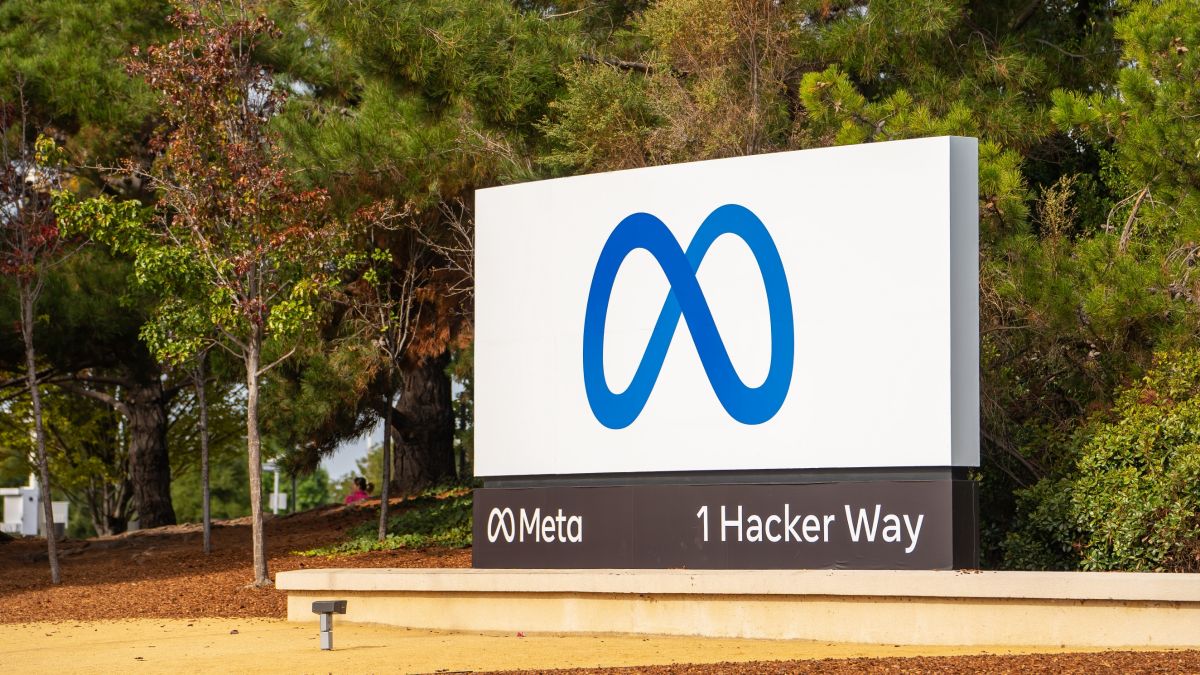
On July 4, the Regional Court of Leipzig in Germany ordered Meta to pay €5,000 to a Facebook user, ruling that its tracking technologies violated EU privacy laws highlighting how Europe is intensifying legal scrutiny over Meta’s data practices under the data retention GDPR.
According to the court, Facebook users are “individually identifiable to Meta at all times” when visiting websites using these technologies, regardless of whether they’re logged in. The court accused Meta of “massively violating” data governance and GDPR by profiling users and reaping billions in advertising revenue in the process.
“This may very well be one of the most substantial rulings coming out of Europe this year,” said CEO of privacy consultancy at AesirX, Ronni K Gothard Christiansen, adding that “€5,000 in damages for one visitor adds up quickly if you have tens of thousands of visitors, or even millions.” Christiansen warned that the precedent could trigger Meta GDPR lawsuits with “business-breaking potential.”
France, Spain Take Meta to Court
Meta faces additional challenges all around Europe regarding GDPR and data retention.
On July 9, France’s antitrust regulator notified the tech giant of a potential breach of competition laws, citing Meta’s alleged manipulation of the online advertising market. The watchdog accused Meta of imposing unfair, unclear conditions on an ad verification partnership and an allegation that Meta will have the opportunity to respond before reaching a final decision.
In April, the data retention GDPR case was launched by a class action lawsuit by 67 French media companies representing over 200 publications, including TF1, France TV, and BFM TV. They claim Meta’s control oof online ads to have been caused by unlawful methods, including the exploitation of users’ data to fuel personalized adverts.
Meta is also due in court in Spain this October over a €551 million ($582 million) complaint by more than 80 media companies, citing unfair competition in the digital ad sector. These back-to-back lawsuits paint a troubling picture for consensual data collection on Meta’s European operations.
No Easy Route Here…
Unlike its operations in the US, Meta cannot bend the rules or seek leniency in Europe, where data retention rules and fair competition laws are strictly enforced, which could reshape Meta’s operations on the continent.
While the US allows lobbying and political navigation, Europe appears to be immune to such tactics. The implications for users are significant, greater protection of personal data, more transparency in ad practices, and a possible shift in how online platforms mold content.
If courts continue siding with consumers and media organizations, Meta may be forced to restore its business model in the EU data privacy rules. That could mean fewer personalized ads, increased platform restrictions, or even subscription-based services, a sharp contrast to the company’s US playbook.
As regulatory examination deepens, Europe is positioning itself not just as a data retention GDPR watchdog, but as a global standard setter in digital accountability.
Inside Telecom provides you with an extensive list of content covering all aspects of the tech industry. Keep an eye on our Tech sections to stay informed and up-to-date with our daily articles.